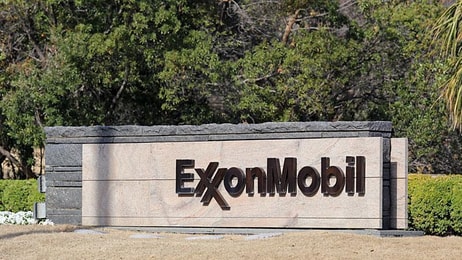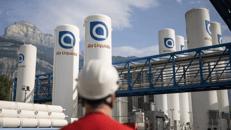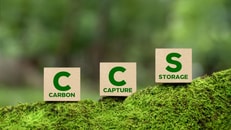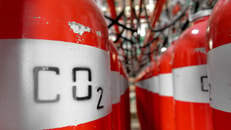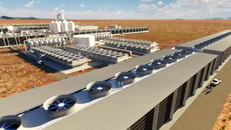US carbon capture venture launches with $500m backing
US-based energy firm BKV Corporation has formed a joint venture with Danish investment company Copenhagen Infrastructure Partners (CIP) to accelerate carbon capture, utilisation, and sequestration (CCUS) projects across the US.
The new entity, with $500m of initial funding allocated, has been established between BKV’s wholly owned subsidiary dCarbon Ventures and CIP’s Energy Transition Fund I. It will focus on designing, constructing and operating CCUS facilities. BKV will retain a 51% stake and serve as operator, while CIP will contribute up to $500m over time for a 49% interest.
Two of BKV’s existing CCUS projects, Barnett Zero in North Texas and Eagle Ford in South Texas, have been folded into the joint venture. The Barnett Zero site has already sequestered more than 200,000 tonnes of CO2 since launching in November 2023. Eagle Ford is expected to begin CO2 injection by mid-2026, subject to permitting and final agreements.
... to continue reading you must be subscribed













